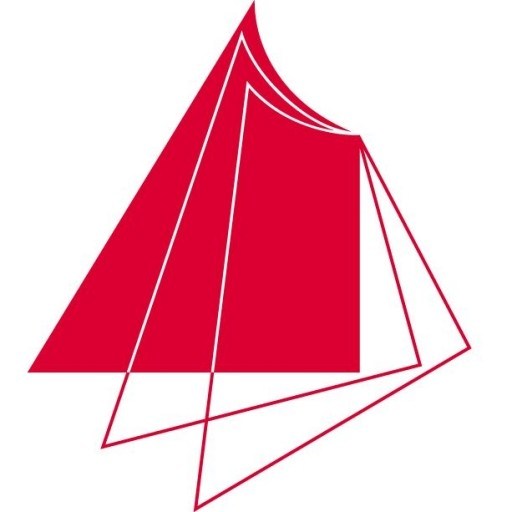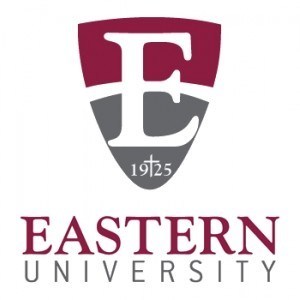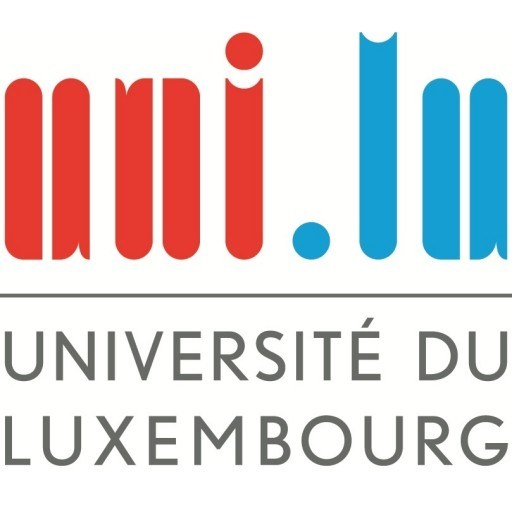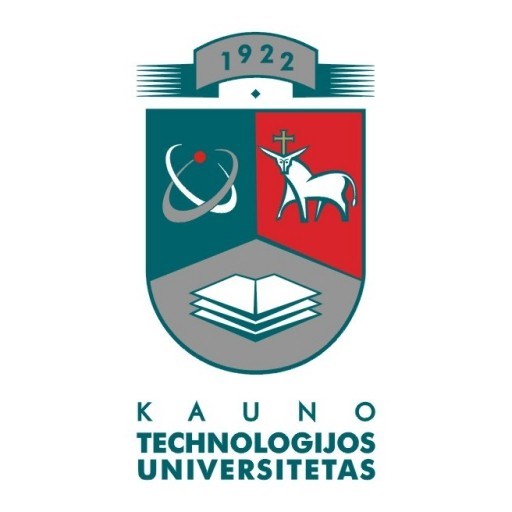This qualification reflects the function of people who are job ready and competent in a wide range of information and communications technology (ICT) roles and employ a broad array of skills in varied work contexts, using problem solving skills and effective communication with others.The skills required for these roles may comprise, but are not restricted to:database creation: interpreting specifications, and technical designs and flow graphs, altering software applications, assembling technical specifications out of testing and models, and writing technical documentsdatabase care: managing, cleaning, preserving and verifying private data, and evaluating compliance with internal and external data integrity regulations and legislationgaming development: establishing 2D and 3D modelling and animation applications through scripts and storyboardsnetworking: installing, configuring and analyzing networks and servers in organisationsprogramming: construction, analyzing and employing basic object oriented speech abilities, user interfaces and applications developmentssystems administration support: implementing maintenance procedures and support to help troubleshoot system applicationsweb development: designing blog designs through textual and visual content transfer, internet search engine optimization and easy mark up language documents.Licensing, legislative, regulatory or certificate considerationsNo licensing, legislative or certification conditions affect the eligibility during that time of publication.
The Bachelor of Information Technology program at Bendigo TAFE offers students a comprehensive education designed to prepare them for a dynamic and rapidly evolving industry. This program provides foundational knowledge in computer systems, programming, network design, cybersecurity, databases, and software development, equipping graduates with the skills necessary to meet the demands of the digital world. Throughout the course, students engage in hands-on learning through practical projects, industry placements, and collaborative assignments, allowing them to apply theoretical concepts to real-world situations. The curriculum is designed to keep pace with technological advancements and industry standards, ensuring that graduates are well-versed in current tools and practices used across various sectors. Students will explore areas such as web development, mobile application design, cloud computing, and data analytics, gaining a versatile skill set that opens doors to diverse career opportunities. The program emphasizes problem-solving, critical thinking, and innovation, fostering a proactive approach to tackling IT challenges. Industry-relevant projects, mentorship from experienced professionals, and access to state-of-the-art labs enhance the learning experience. Upon completion, graduates will be prepared for roles including systems analyst, network administrator, cybersecurity specialist, software developer, and IT consultant. The Bendigo TAFE Bachelor of Information Technology program aims to cultivate knowledgeable, adaptable, and ethical professionals ready to contribute meaningfully to the ever-changing technology landscape.
The Bachelor of Information Technology program at Bendigo TAFE is designed to provide students with a comprehensive understanding of core IT principles and practical skills necessary for the rapidly evolving technology industry. Admission into the program typically requires a completed secondary education qualification, with a focus on relevant subjects such as mathematics and computer science. Students are expected to demonstrate a keen interest in technology and problem-solving abilities. The course curriculum encompasses a wide range of subjects, including programming languages, network infrastructure, database design, cybersecurity, software engineering, and systems analysis. To successfully complete the program, students must undertake a combination of theoretical coursework and practical projects, which are integrated to ensure applied learning. The program emphasizes the development of competencies in troubleshooting, system management, and digital innovation, aligning with industry requirements. Students are often required to participate in industry placements or internships to gain real-world experience and establish professional networks. Assessment tasks typically include examinations, project reports, presentations, and practical exercises. The duration of the program is generally designed to be completed within two years of full-time study, although part-time options may be available. Entry requirements may include English language proficiency tests such as IELTS or TOEFL scores, especially for international students. The program aims to prepare graduates for employment in various sectors, such as information security, software development, network administration, and IT consultancy. Upon graduation, students receive a qualification recognized in the Australian education system, enabling them to pursue further study or enter the workforce confidently. The program also stresses ongoing learning and adaptability, encouraging students to stay abreast of technological advancements through continual professional development.
The financing options for the Information Technology programs at Bendigo TAFE are designed to accommodate a diverse range of students and their individual financial situations. Students can explore several pathways to fund their studies, including government subsidies, financial aid, and private financing options. Australian citizens and eligible residents may access government-funded programs such as VET Student Loans, which provide income-contingent loans for eligible students undertaking diploma and advanced diploma courses. These loans significantly reduce upfront costs, allowing students to focus on their studies while managing repayment obligations once employed and earning above the specified threshold.
In addition to government support, Bendigo TAFE offers flexible payment plans to assist students in managing tuition fees. These plans enable students to pay their fees in installments over the course duration, easing immediate financial burden. The college also provides guidance to students on applying for external scholarships, grants, and bursaries that support students pursuing technology-related studies. Although specific scholarships for Information Technology are limited, students are encouraged to seek external funding opportunities from industry partners and government initiatives.
For international students, financing options typically involve paying full course fees upfront or arranging private loans, as government subsidies are generally limited to domestic students. International students should consult Bendigo TAFE's admissions office for detailed information on payment requirements and available financial assistance schemes.
Many students finance their education through part-time work, leveraging the flexible study options offered by Bendigo TAFE. The college's proximity to local employment opportunities in the technology sector facilitates employment during studies, which can help offset tuition and living expenses. Additionally, students are advised to explore external financial support programs available through Australian government initiatives aimed at skilled migration and higher education funding.
Furthermore, Bendigo TAFE occasionally partners with industry stakeholders to provide sponsorship and apprenticeship opportunities, which include financial support and practical training components. These opportunities often come with associated funding or stipends, reducing reliance on personal funds and enabling students to gain practical experience while studying.
Overall, the financing landscape for students enrolled in Information Technology programs at Bendigo TAFE is multifaceted, aiming to make quality education accessible and affordable. Students are encouraged to consult the college's financial services and student support teams to gain personalized guidance and ensure they are aware of all available funding opportunities.
The Diploma of Information Technology at Bendigo TAFE offers students a comprehensive foundation in the core concepts and practical skills required for a career in the IT industry. This program is designed to equip learners with the necessary knowledge to develop, implement, and manage information systems and technology solutions. Covering a wide range of topics, the curriculum includes systems analysis and design, network fundamentals, database development, cybersecurity principles, and software development. Students gain hands-on experience through practical projects and industry-relevant assignments, preparing them for real-world IT challenges. The program emphasizes both technical expertise and problem-solving skills, enabling graduates to adapt to rapidly evolving technological environments. Additionally, students have access to state-of-the-art facilities, including modern laboratories and software tools, to enhance their learning experience. The course also offers pathways to advanced qualifications or Bachelor’s degree programs, facilitating further academic and professional growth. With a focus on industry standards and best practices, the Diploma of Information Technology prepares graduates for roles such as network administrators, IT support specialists, systems analysts, and database administrators. Bendigo TAFE maintains strong connections with local businesses and technology providers, ensuring that students are exposed to current industry trends and opportunities for employment upon graduation. The program typically runs over a specified period, with flexible study options available to accommodate different learning needs. Overall, this diploma aims to develop highly skilled, innovative, and adaptable IT professionals capable of contributing effectively to a range of organizations in the public and private sectors.










